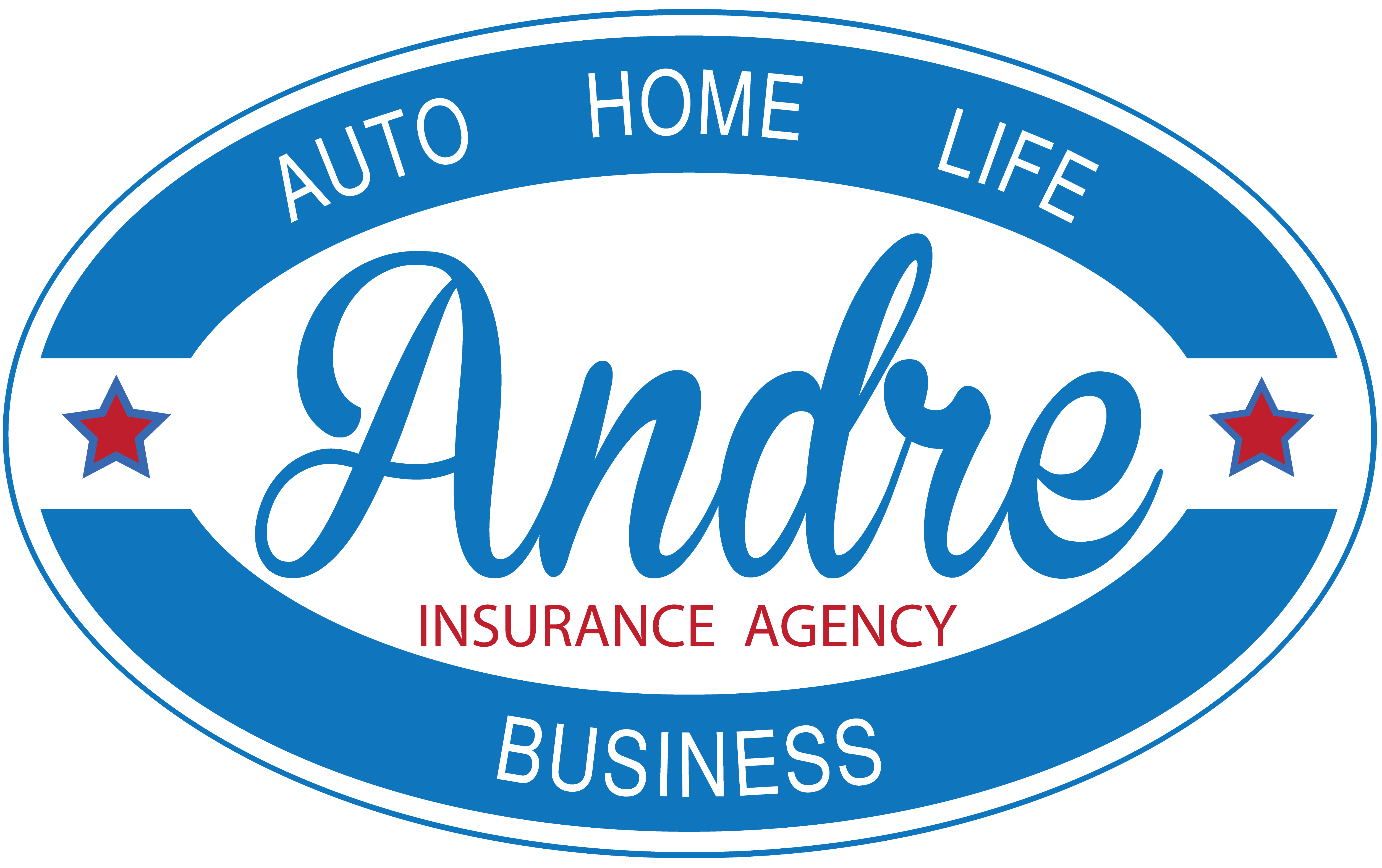
New landlords are often surprised by the work their role requires. While most focus on fixing problems and collecting rent, there is another aspect of being a landlord that is often overlooked: insurance.
To learn more about landlord insurance and renters insurance, we spoke with Erie Insurance employees Christie Lucas, vice president and product manager, Commercial Lines, and Terry McConnell, vice president and manager, Personal Lines, to learn more about the insurance concerns landlords and renters may face.
Q: What insurance policies are landlords required to carry?
CL: If they have a loan on their property, landlords are required to carry insurance until the loan is paid off. They will also be required to carry insurance if it is stipulated in a contract with a business partner. Additionally, just like any automobile owner and driver, landlords must insure their vehicles and those driven by any employees. Finally, landlords must have workers’ compensation insurance if they have any employees.
Q: What landlord insurance coverages are recommend and why?
CL: Building, income protection and general liability are a must if landlords want to protect their assets. ERIE sells a variety of optional coverages that are recommended, such as mechanical & electrical breakdown, building ordinance or law, sewer and drain backup, and off-premise utility interruption. Landlords tend to have many documents that list their tenants’ personal information, so data breach coverage is also recommended.
Q: What types of insurance is a renter required to carry?
CL: Nothing is required by law, but many leases require the tenant to carry contents and/or general liability. Some leases also require the tenant to insure the building. We recommend tenants carry renters insurance, which covers contents and general liability to protect their possessions and assets.
Q: Any other insurance guidance you would offer landlords?
CL: As a good business practice, landlords should always require in their lease that tenants carry general liability insurance and name the landlord as an additional insured. For example, in the event a tenant accidentally starts a fire in your building, the tenant could be legally responsible to you for the cost to restore the apartment. The tenant could also be liable to other building residents. For these reasons, many landlords try to ensure that all residents have insurance to protect them and the residents of the community.
To learn more about landlord insurance, contact an Erie Insurance Agent in your community.
Read the full story from Erie Insurance: “Landlord Insurance and Renters Insurance“
